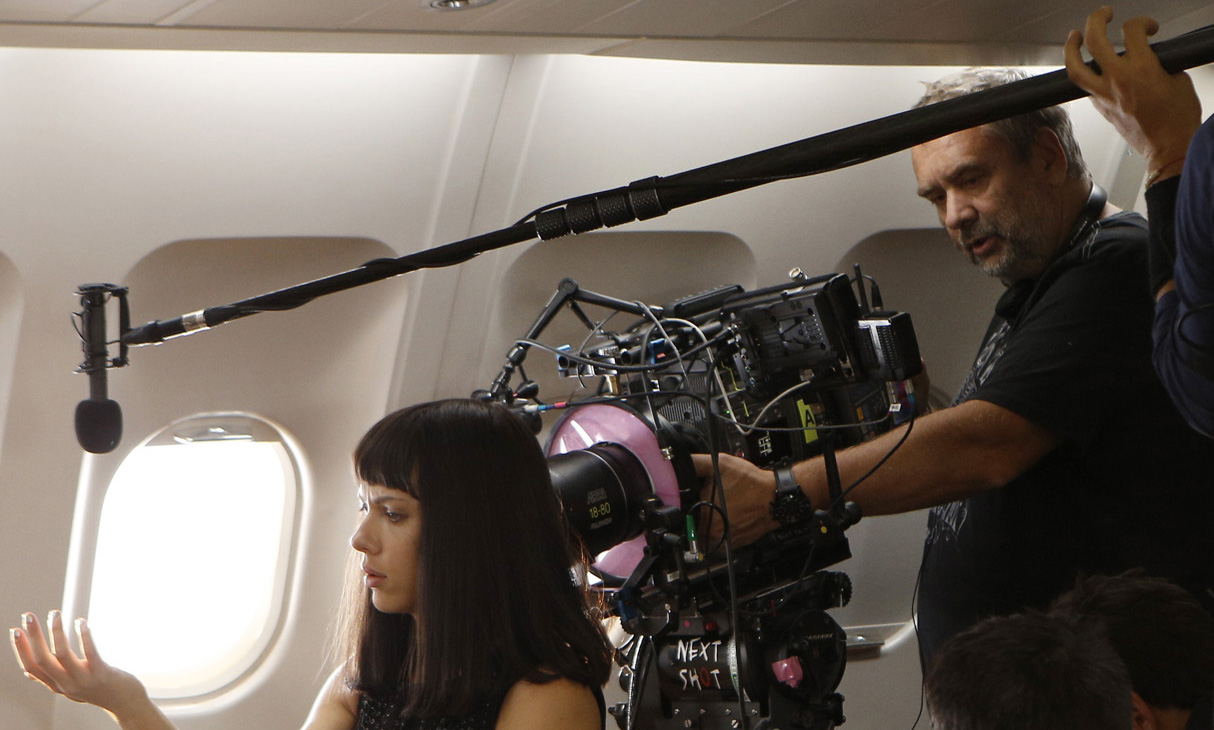The Four Stages of Production
Development
This is simply the process of 'finding' a story. Ideas for films come from a variety of sources, they can range from novels, real life events to computer game adaptations. Once you've got an idea you'll need someone to write a pitch for you which you take to a film producer in an attempt to get some funding to make your film. Even at this very early stage you need a very clear idea of who you're aiming you film at so you can include elements that will appeal to them.Pre-production
Once you've got funding you establish your budget and can begin to get a film crew together, you can storyboard the script. You also need break the script down into individual scenes and identify all the locations, props, cast members, costumes, special effects and visual effects needed.Production
This is simply the process of 'making' the
film. Provided you've done your job properly in the pre-production stage making
the film should be straight forward. 'Film' is very expensive and difficult to
store so an increasing number of film makers are using digital cameras to save
money.
Post-production
During this stage you take all the 'film' you've shot and give it to a film editor. They will then begin putting it together. Special effects will be added, a soundtrack will be added, any missing dialogue will be re-recorded and added resulting in a 'rough cut'. This will be shown to the director and a test audience who will offer feedback. Often this causes scenes to be filmed and added or removed.Key Roles of Film Production
Writer/Screenwriter

A
screenplay writer, screenwriter
for short, scriptwriter or scenarios is a writer who practices the craft of
screenwriting, writing screenplays on which mass media such as films,
television programs, comics or video games are based.
Producer

Casting Director

Director
Film Finance - This job is undertaken during the pre-production stage of
a film. Their concern is determining the potential value of a proposed film, they do thing by forecasting
potential revenue first.
Camera Operator
A camera operator is part of a film crew consisting of the director of photography and one or more camera assistants. They simply operate the camera during filming.
Editor
The editor’s job is to look at the raw film footage and select shots and combine them into sequences to created the finished film. Film Editing is part of the Post-Production process, cutting shots and putting them together using technical film editing software.
Production Designer
 |
| Stuart Craig's Concept art of Hogwarts School for the production of the Harry Potter Movies. |
Marketing
Film Marketing is the practice of promotion specifically in the film industry, and usually occurs in coordination with the process of film distribution. This includes the distribution of trailers, advertisements, poster and promotional offers. This gets the public interested and excited in the movie and most importantly, has the public aware about the movie and when it is to be released.Exhibition

This is the retail branch of the film industry. This involves showing public screening, usually for paying customers in a place which is devoted to viewing movies in a specific environment (Cinema). The exhibitor sells the experience of a film, this includes the snacks and drinks. Because exhibitors to some extent control how films are programmed, promoted, and presented to the public, they have considerable influence over the box-office success and, more importantly, the reception of films.





No comments:
Post a Comment